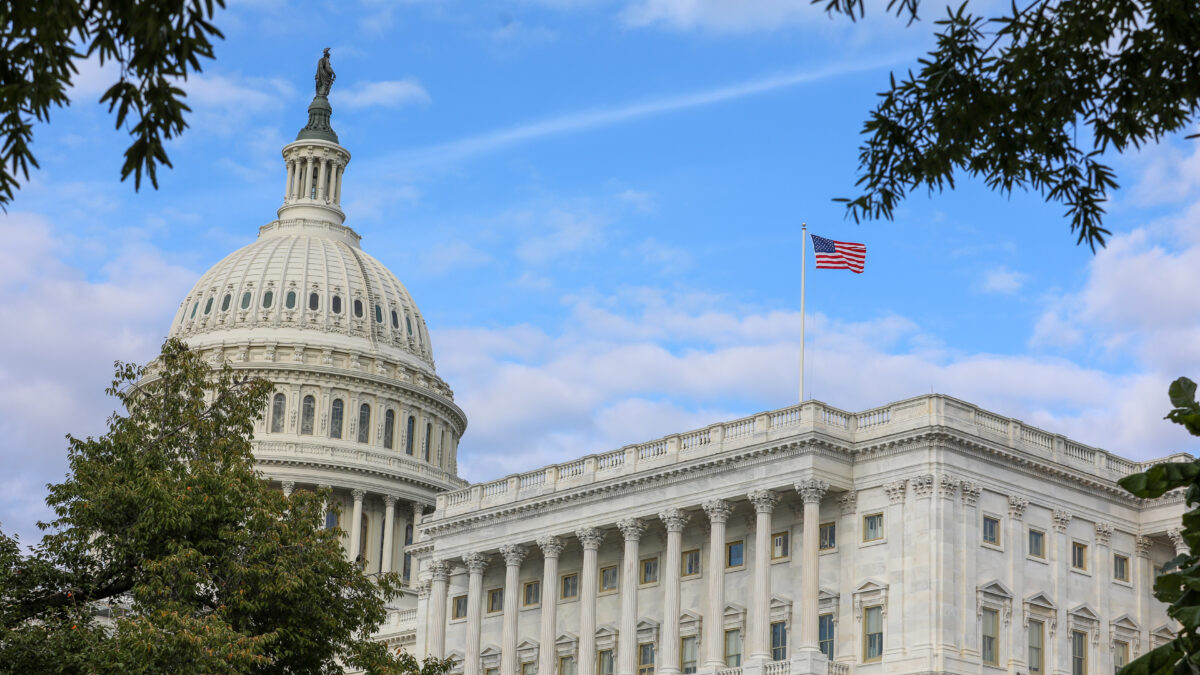New Year, New Congress
Zippy Duvall
President

photo credit: AFBF Photo, Philip Gerlach
Zippy Duvall
President
Recently, the 118th Congress was sworn in. These elected officials, chosen by the American people in November, will spend the next two years debating the issues that matter most to all of us. Voters sent 81 people to Congress for the first time. They’ll have to learn the ropes and put in extra time to understand the issues.
Part of our responsibility as Farm Bureau, and as farmers and ranchers, is to reach out and engage with these new members about the work happening on farms and ranches in their districts, their states, and across the country. We have our work cut out for us. There are fewer people representing rural America than ever before, making it more important than ever before to reach out to new members representing urban districts, too.
Our work in every Congress is important, and it’s even more important when it’s time to renew the farm bill. Programs in this legislation are critical to American agriculture. One of our greatest challenges this year is ensuring members understand these programs and why they are essential. Almost half of Congress, 260 members, were not in Congress when the 2018 farm bill was passed. We have to put in the extra work to ensure they understand the importance of farm bill programs that help farmers and ranchers manage risk, why conservation programs are and should continue to be voluntary and science-based, and why it’s critical that farm policy and nutrition policy remain united in the farm bill, among many other priorities.
We’re looking forward to working with this Congress to deliver solutions to the challenges farmers and ranchers face.
One of the greatest limiting factors American agriculture faces is the lack of workers. Across farm country and in the windows of businesses large and small, you’ll see help wanted signs. Farmers need Congress to fix the H-2A visa program to provide more accessibility and affordability. We also need a new year-round farmworker program for jobs that are done every day – like milking cows. As with any other issue, and especially with this Congress, a meaningful and bipartisan policy solution must be the outcome that we strive to achieve sooner rather than later.
There are many other important issues farmers and ranchers are counting on Congress and the executive branch to advance this year. Broadband must be expanded and access improved in rural communities. Programs to advance climate-smart farming practices must be science-based and market-driven. And Congress and the Administration must understand that the only way to meet big goals related to sustainability and addressing hunger is by ensuring farmers continue to have a variety of crop protection tools. The Administration must also step up in a bigger way to pursue trade deals that will open markets to U.S. farmers and ranchers. And we’ll hold the Administration’s feet to the fire when it comes to enforcing trade deals like the USMCA.
We’re looking forward to working with this Congress to deliver solutions to the challenges farmers and ranchers face. I hope that our elected officials will come together, set politics aside, and engage in meaningful discussions about these issues. We need them to do just that - because the challenges we face now, and the ones that lay ahead, will take buy-in from both parties to solve in a manner that will stand the test of time.
Trending Topics
VIEW ALL